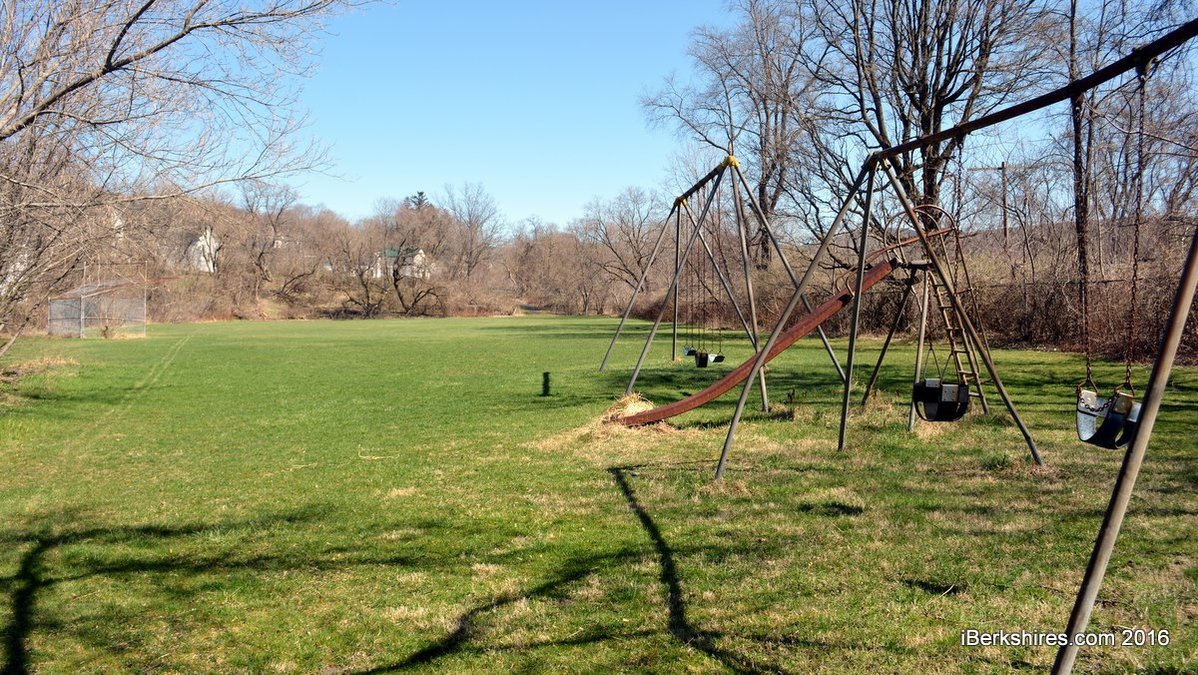
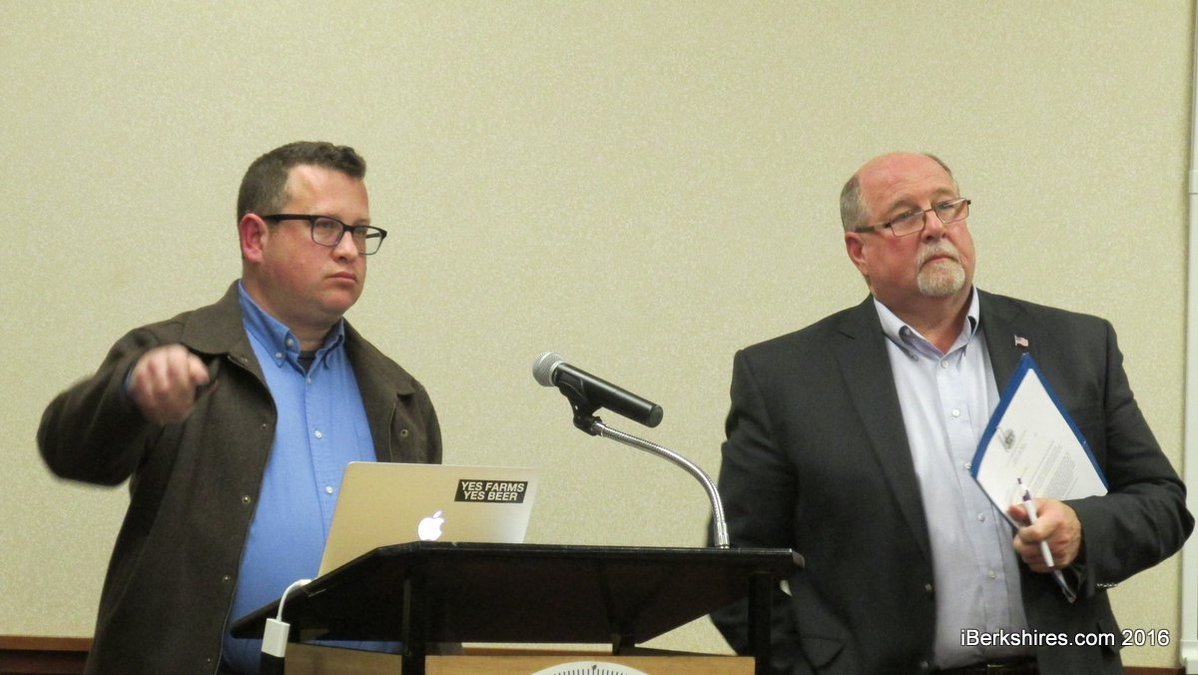
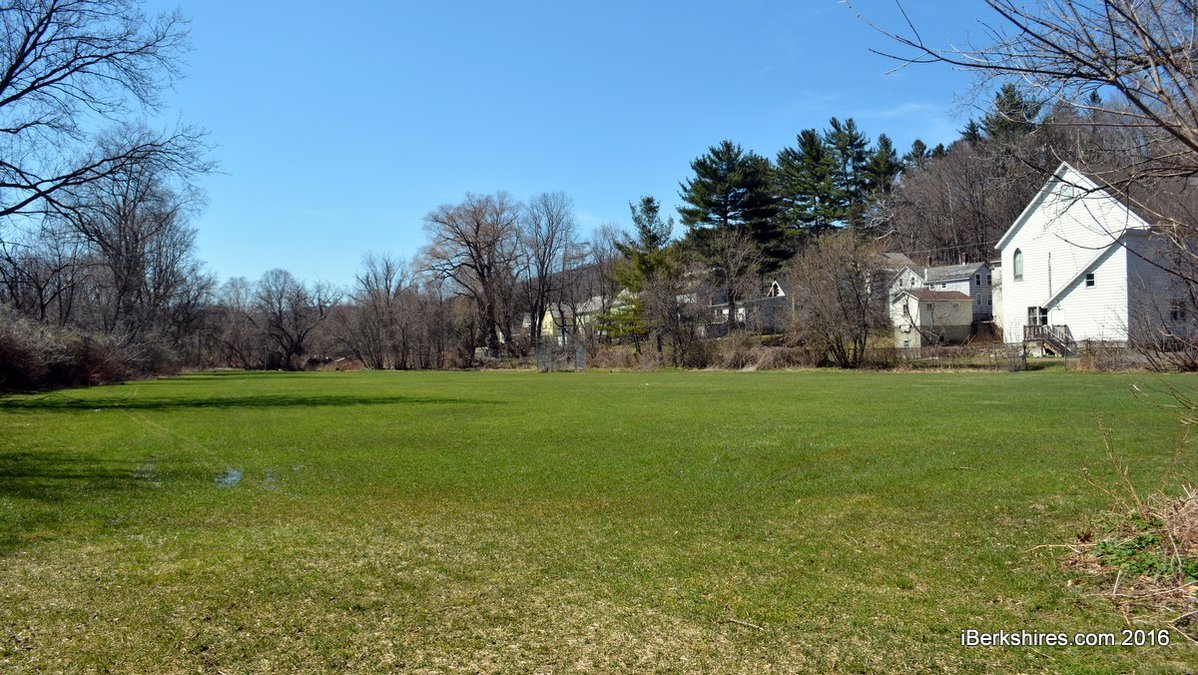
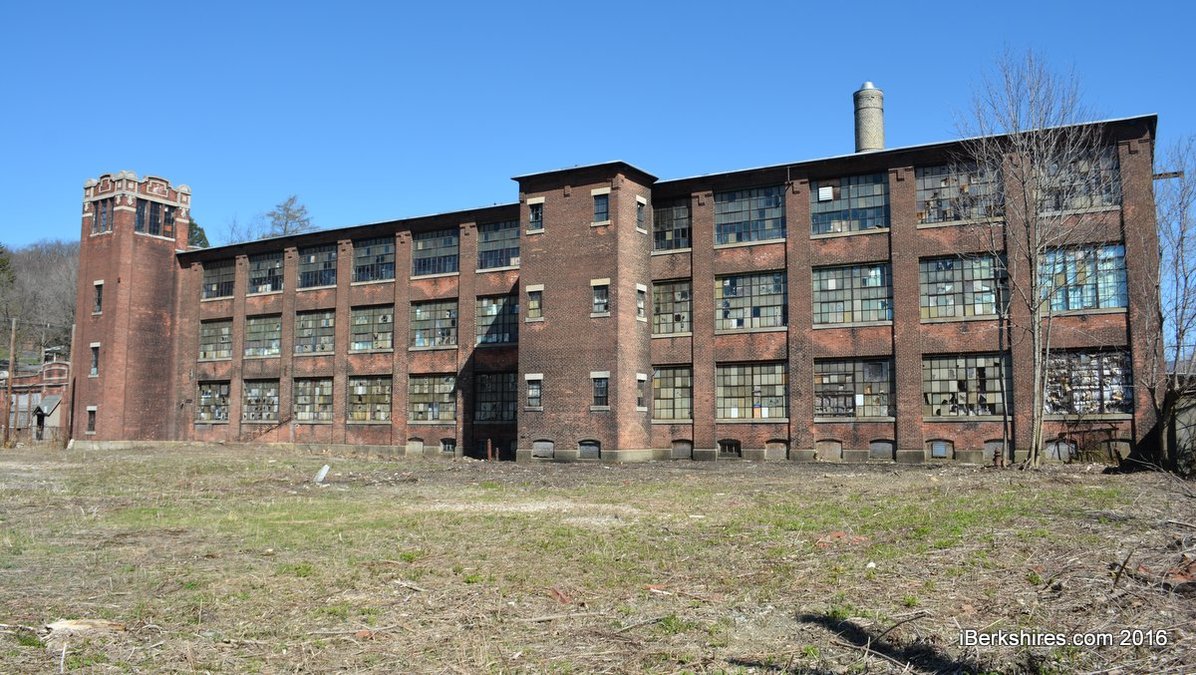
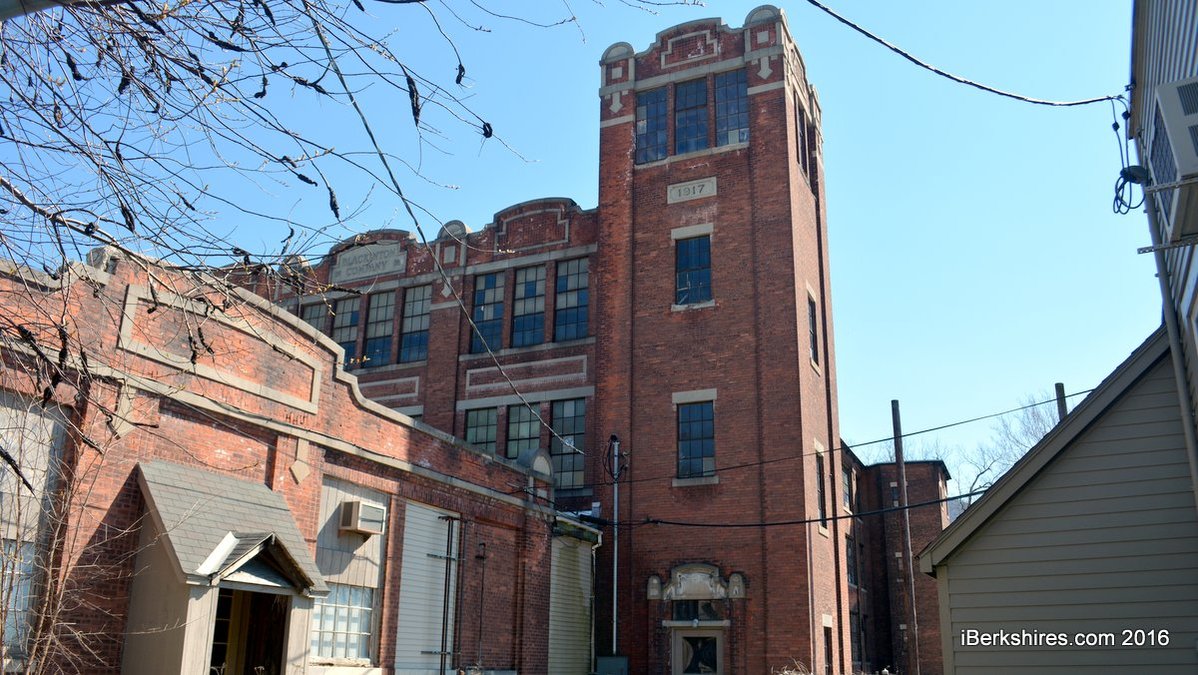
North Adams Sells Former Sewage Plant Land to Redwood Developers
.JPG)
NORTH ADAMS, Mass. — A plan that started out as the redevelopment of an old motel on State Road has transformed into a much more expansive vision.
The Beyond Place LLC, developers of the Redwood Motel on State Road, have been snapping up parcels including the Blackinton Mill along and across the Hoosic River, with the latest being several lots owned by the city.
The City Council on Tuesday approved the sales, including the former sewage plant and playground, to Blackinton Backwoods LLC, one of the project's affiliated names.
The city sold the land for $55,000 following a request for proposals; Mayor Richard Alcombright said Blackinton Backwoods was the only bidder.
That makes sense since the developers have been looking at the parcels since last year. Principal Benjamin Svenson of Broder Properties of Boston unveiled plans last fall that showed the underused lots as part of the project's overall profile.
"We realized that the river is an enormous asset to this property and that had the opportunity to be such a bigger and better thing than just a renovation of the Redwood Motel," Project Manager Eric Kerns told the council. "The addition of the mill to our project obviously adds some incredible possibilities."
The development group bought the motel last year with plans to transform the dated property into "destination lodging" while keeping a nod to its mid-century motor court appeal. Additions onto the motel are taking full advantage of the river views in the back of the property, which lead the group's gaze across the Hoosic to the 1917 Blackinton Mill.
There had been a few attempts to turn the mill into a residential or mixed-use facility but it is currently housing a number of commercial tenants. Kerns estimated it is about 60 percent occupied, and while there are future plans for the structure, "we're not immediately focusing on plans for the mill just doing some incremental repairs and making sure the current tenants are happy."
They also came to an easement agreement with the city on using the former Widen tannery land for parking. A number of other properties have been purchased or under agreement, some title transfers have been made and the group is in talks with the state Division of Fisheries & Wildlife on a structured easement on nearby land.
"As we started exploring the area around the river on the other side, this parcel here owned by the city became very interesting to us," he said.
Some of the last pieces in creating a contiguous property along the north side the river and connected to the mill is the so-called historic "Blackinton Island."
"It's known as that because it's essentially landlocked between the railroad tracks on one side and the river on the other," said Kern.
The group is also looking into the possibility of a suspension bridge over the river to access planned trails to the island that the group is calling "The Beyond," one of the traditional translations of Hoosuck.
The parcel had been previously landlocked by a pond built to power the mill before the river was rerouted. Water fed into a canal under the railroad tracks or exited into the river.
The land had "enormous barriers to traditional development," he said, because of limited access. There's one road, Amidon Road, that crosses the tracks limiting traffic but there are the old pond tunnels identical to the Demond Avenue underpass that could be used by bicyclists and pedestrians.
The city purchased the property in 1935 from the Barber Leather Co. for a sewage plant that closed with the formation of the Hoosac Water Quality District in 1976. It tried several times to find a buyer to redevelop the area after the plant was removed. There is also a playground and ball field.
The goal is passive recreational pursuits; the playground and playing field may be revamped and a pavilion put in.
"You can't really be building anything for a number of reasons," said Kerns. One reason is some lingering areas of contaminants found during studies over the past 25 years. None of those studies prompted the need for removal action but the design will take those problematic areas in account to be "completely avoided or completely remediated."
Several councilors questioned how the land would be taxed: residential or commercial? Assessor Ross Vivori said the undeveloped land was currently taxed as residential and any change would have to be determined by the actual use.
Kerns said some of the land may be conserved; different lots are owned by different entities of the group.
The area is being seen as an amenity to patrons of the motel. The land also includes the confluence of the Appalachian Trail and the proposed Mohawk Bike Path that will cut through the property.
Residents used to fishing and walking there won't be shut out, he said, but they will be expected to treat the land appropriately.
"We're going to make it nicer and ask people to respect it," Kerns said. "It will be private property."
The council unanimously approved the sale; Councilor Joshua Moran was absent. The funds will replenish the land sale account.
"The whole project speaks to their sensitivity of the neighborhood," Alcombright said."This is something that can really grow this neighborhood without being intrusive."
Tags: Blackinton Mill, economic development, land sales, motels, hotels, redevelopment,















